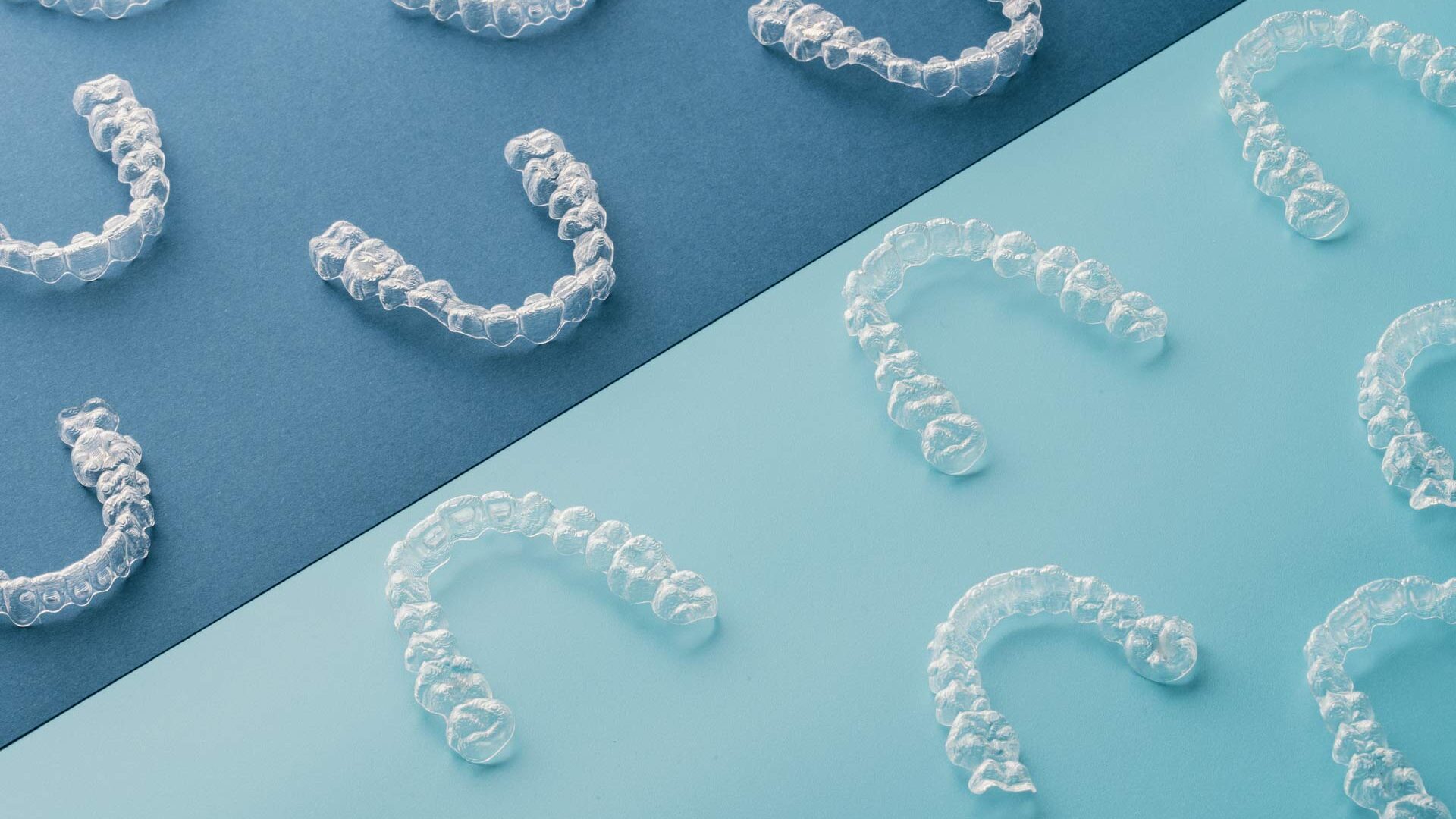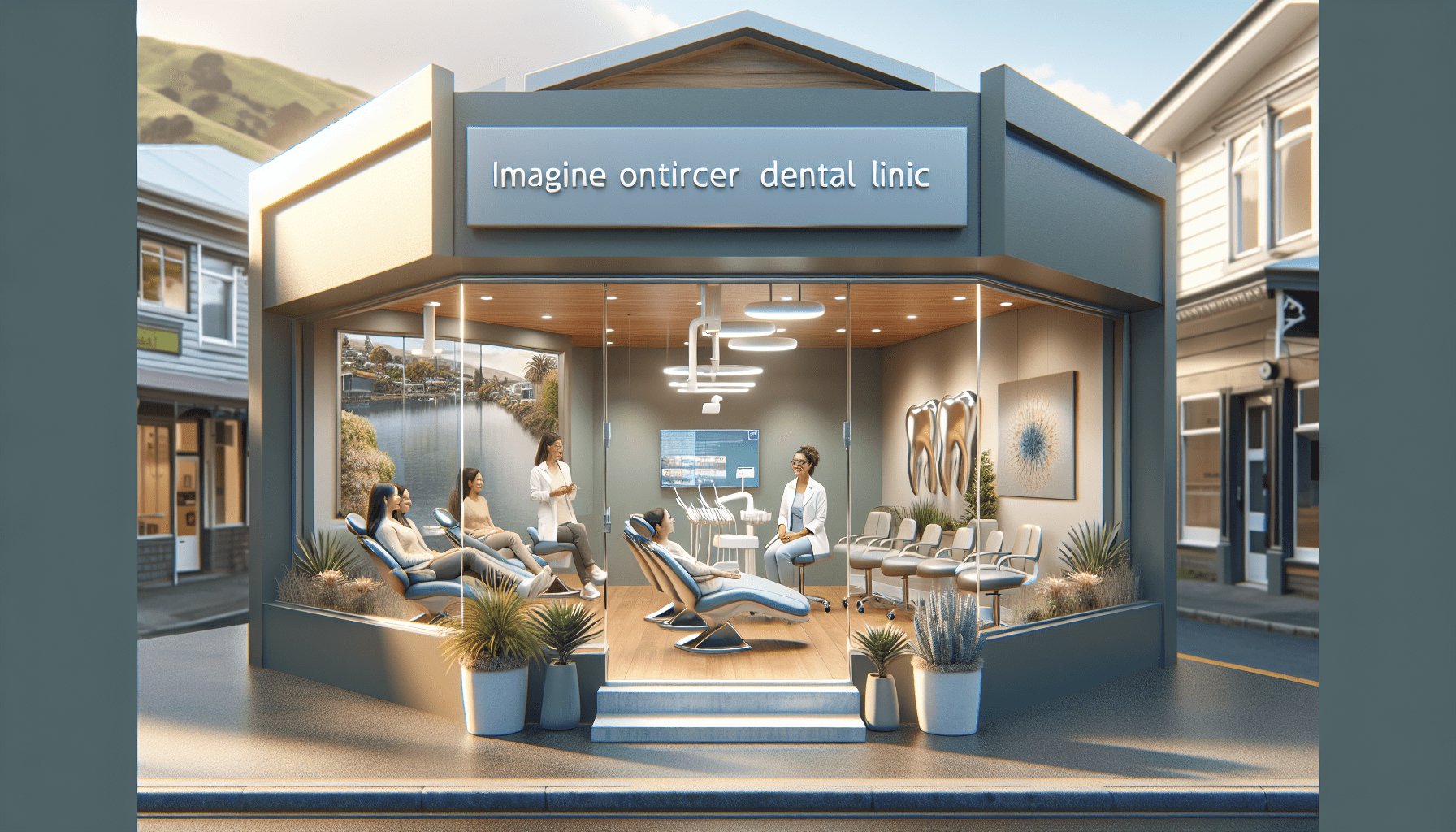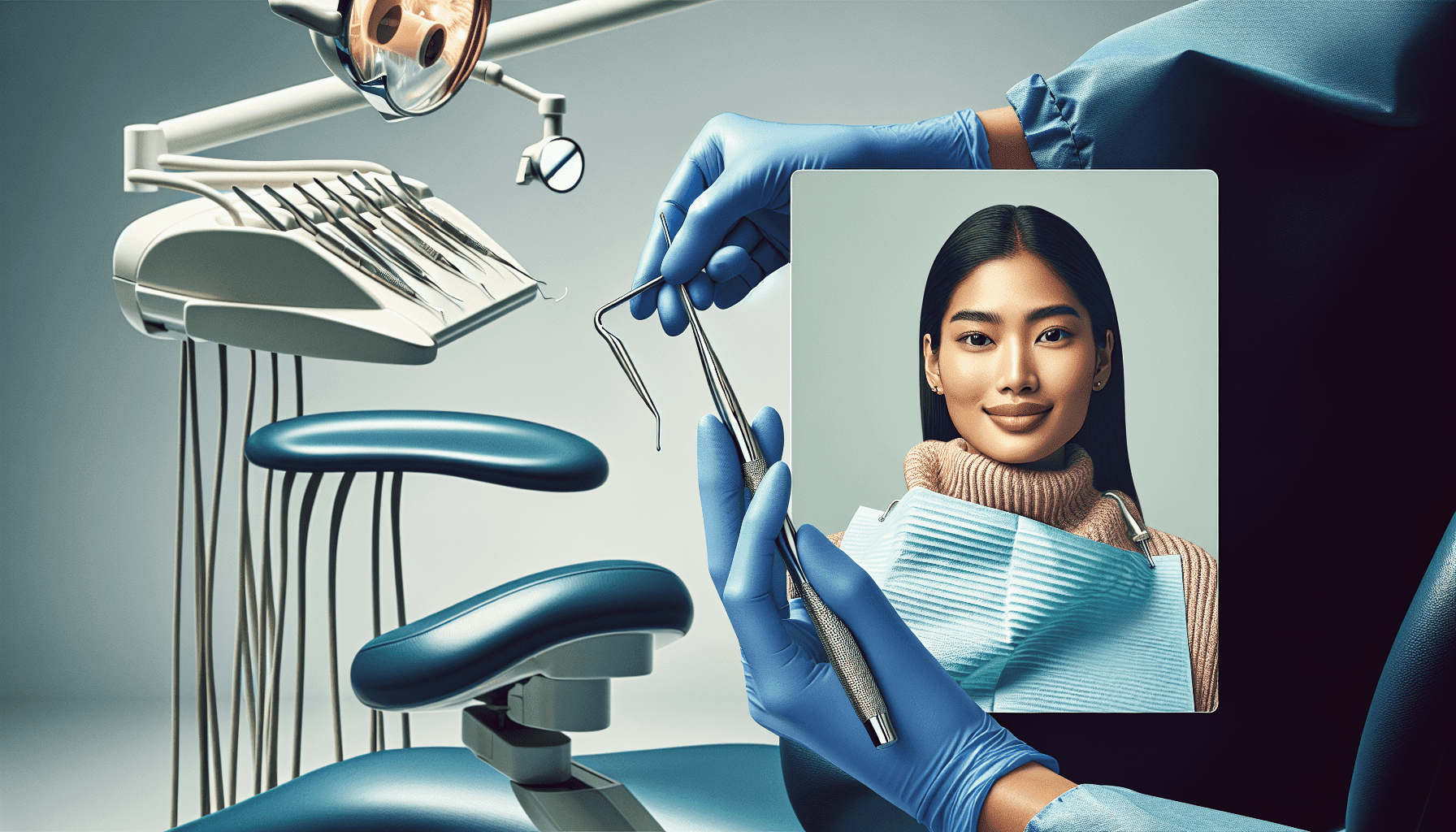Embarking on your next dental check-up in Lower Hutt can feel like stepping into a realm of sparkling smiles and unparalleled oral health, especially when you’re armed with the right tips. This article is your ultimate guide to navigating that journey seamlessly, ensuring you leave your appointment not just with a healthier mouth, but with a sense of accomplishment too. We’re about to share five invaluable tips that will transform your dental visit into a smooth, worry-free, and successful experience, debunking the myth that dental check-ups are anything but enjoyable.
Understanding the Importance of Regular Dental Check-ups
Taking care of your oral health is as crucial as looking after your overall well-being. Regular dental check-ups play a significant role in maintaining a healthy smile and spotting potential problems before they become more serious. Let’s delve into why these visits are indispensable.
Preventing dental problems before they start
By scheduling routine dental check-ups, you’re taking a proactive step in preventing issues such as cavities, gum diseases, and even oral cancer. During these visits, your dentist can give you tailored advice on how to improve your oral hygiene routine to avoid common dental problems.
Catching dental issues early
Early detection of dental issues can save you from discomfort and costly treatments in the long run. Regular check-ups allow your dentist to catch problems you might not even be aware of, enabling treatment at an early stage.
Maintaining overall health
Your oral health is a window to your overall health. Research has shown links between poor oral health and systemic diseases such as heart disease and diabetes. Regular dental check-ups help ensure your mouth stays healthy and can aid in the early detection of health issues elsewhere in your body.
Establishing a baseline for your dental health
When you regularly visit the dentist, they can keep a historical record of your oral health, noting changes or developments. This baseline is crucial for monitoring the progression or improvement of your dental condition over time.
Choosing the Right Dental Clinic in Lower Hutt
Finding a dental clinic that meets your needs requires some research, but it’s worth the effort to ensure you receive the best care.
Researching online reviews and testimonials
Start by looking online for reviews and testimonials about dental clinics in Lower Hutt. Patient experiences can provide insights into the quality of care and service you can expect.
Considering the range of services offered
Look for a clinic that offers a wide range of services. This ensures that all your dental needs are covered, from routine check-ups to more specialized treatment, without the need to go elsewhere.
Checking the clinic’s accreditation and dentist’s qualifications
Ensure that the clinic is accredited and that the dentists have the necessary qualifications and credentials. This gives you peace of mind that you’re in capable hands.
Evaluating accessibility and convenience
Consider the clinic’s location and how easy it is to get to. Also, think about their appointment scheduling – do their hours work with your schedule, and how accommodating are they in case of an emergency?
Preparing for Your Dental Check-up
To get the most out of your dental check-up in Lower Hutt, a little preparation goes a long way.
Gathering your dental and medical history
Have a record of your dental and medical history ready, especially if this is your first visit to a new clinic. It helps your dentist provide personalized care.
Listing any current dental issues and concerns
Before your appointment, make a list of any issues or concerns you have regarding your oral health. This can range from sensitivity and pain to cosmetic concerns.
Ensuring proper oral hygiene leading up to the appointment
Maintain your oral hygiene routine leading up to your check-up – brushing twice a day, flossing daily, and using mouthwash. This helps your dentist accurately assess your oral health.
Confirming your appointment ahead of time
A simple confirmation call or email ensures that you and the clinic are prepared for your visit. It’s also an opportunity to ask any last-minute questions you might have.
What to Expect During the Dental Check-up
Knowing what to expect can help ease any nerves about visiting the dentist.
A review of your dental and medical history
Your dentist will start by reviewing your dental and medical history, discussing any concerns you have brought up.
Physical examination of your teeth and gums
The dentist will then examine your teeth, gums, and mouth, looking for any signs of decay, gum disease, or other dental issues.
Professional cleaning
A dental hygienist will usually perform a professional cleaning, removing plaque and tartar build-up and polishing your teeth.
Discussion of findings and next steps
After the check-up, your dentist will discuss their findings with you and recommend any necessary treatments or changes to your oral hygiene routine.
Understanding Dental X-Rays
Dental X-rays are a vital part of many dental check-ups, offering insights not visible to the naked eye.
When and why dental X-rays are necessary
X-rays help detect decay between teeth, problems under the gum line, and issues with the jawbones. They’re typically done annually but can be more frequent depending on your dental health needs.
Different types of dental X-rays
There are several types of dental X-rays, including bitewing, panoramic, and periapical, each serving different purposes, from checking for cavities to examining the entire mouth structure.
Safety measures and considerations
Modern dental X-rays emit very low levels of radiation and are considered extremely safe. Protective measures, such as lead aprons, are also used to minimize exposure.
Interpreting the results of dental X-rays
Your dentist will review your X-rays to identify any underlying issues. They will then discuss the findings with you and recommend the appropriate treatment.
Maintaining Oral Health Between Check-ups
Between dental visits, it’s important to take care of your oral health.
Daily brushing and flossing techniques
Brush twice a day with fluoride toothpaste and floss daily to remove plaque and prevent gum disease.
The importance of a balanced diet for dental health
Eating a balanced diet that is low in sugar and high in fruits, vegetables, and water can help prevent tooth decay and gum disease.
Avoiding harmful habits
Smoking and excessive alcohol consumption can negatively affect your oral health. Limiting or avoiding these can greatly improve dental and overall health.
Home remedies for common dental issues
For minor dental issues like sensitivity or mild toothache, home remedies can provide temporary relief. However, it’s still important to see a dentist if these issues persist.
Addressing Dental Anxiety
Many people experience anxiety about visiting the dentist. Here are some strategies to help manage these feelings.
Communicating your fears to your dentist
Your dental care team can provide reassurance and modify their approach if they know you’re anxious.
Exploring sedation options for dental procedures
For those with severe anxiety, sedation options like nitrous oxide or oral sedation can make dental procedures more manageable.
Practices for reducing anxiety before and during the appointment
Techniques such as deep breathing, listening to music, or practicing mindfulness can help soothe anxiety.
The importance of regular check-ups in reducing future anxiety
Regular dental visits can help prevent the need for more extensive procedures, which can in turn help reduce dental anxiety over time.
Post Check-up Care and Recommendations
After your dental check-up, it’s important to follow through with your dentist’s recommendations.
Following through with prescribed treatments
If your dentist has recommended treatments such as fillings, braces, or a root canal, it’s crucial to follow through to prevent further issues.
Schedule next appointment
Before leaving the clinic, schedule your next check-up. This helps maintain your oral health routine.
Adapting to recommended lifestyle changes for oral health
Your dentist may suggest changes to your diet, oral hygiene routine, or habits like smoking and drinking. Implementing these can improve your oral and overall health.
Monitoring and reporting any subsequent issues to your dentist
If you experience any new or worsening issues, contact your dentist. Early intervention can prevent more serious problems.
The Role of Dental Insurance and Payment Plans
Dental care can be costly, but there are ways to manage these expenses.
Understanding what your dental insurance covers
Familiarize yourself with your dental insurance plan to make the most of your benefits. Know what treatments are covered and to what extent.
Exploring payment and financing options
If you don’t have insurance or your insurance doesn’t cover a procedure, inquire about payment plans or financing options.
The cost-benefit of preventive care versus emergency interventions
Regular check-ups and preventive care can save money in the long run by avoiding costly emergency treatments.
How to navigate insurance claims and payments
Keep detailed records of your dental visits and treatments. Your dental clinic can also assist with insurance claims and paperwork.
Educating Children About Dental Check-ups
Introducing children to dental care early on is essential for their oral health.
Instilling good oral hygiene habits early
Teach children the importance of brushing and flossing from a young age. Make it a fun part of their routine.
Preparing your child for their first dental visit
Talk positively about the dentist and explain what will happen during their visit to reduce fear or anxiety.
How to make dental check-ups a positive experience
Look for a family-friendly dental clinic that has experience in dealing with children and can make dental visits enjoyable.
The importance of pediatric dental care
Early dental care helps prevent childhood cavities and teaches children the importance of taking care of their teeth, setting them up for a lifetime of good oral health.



